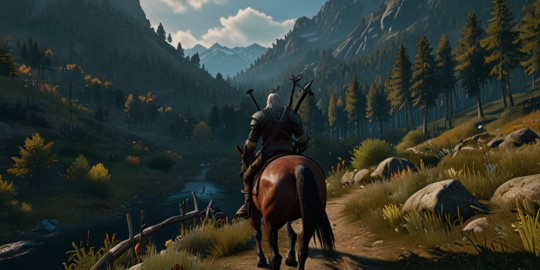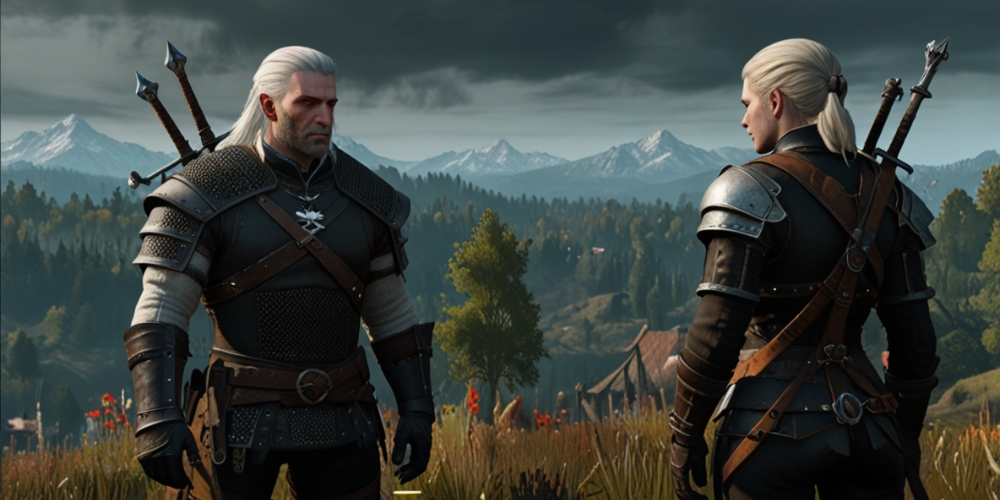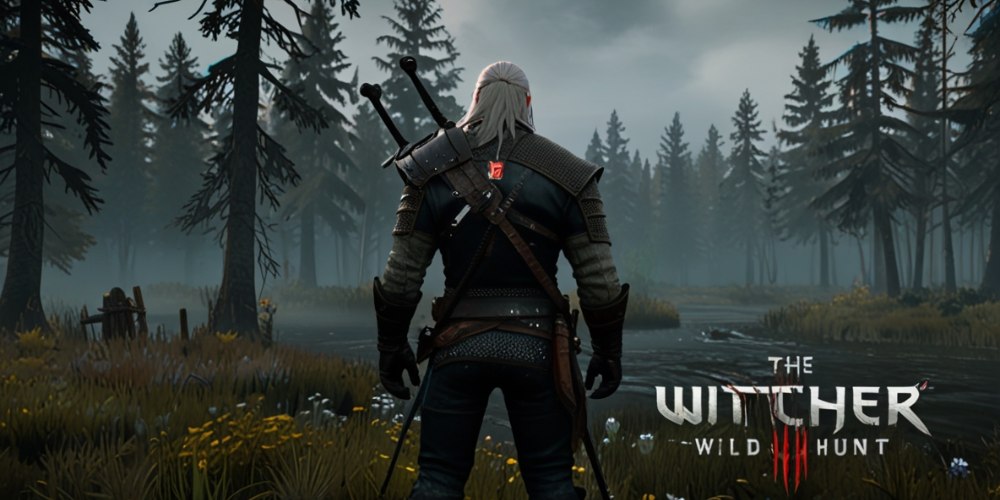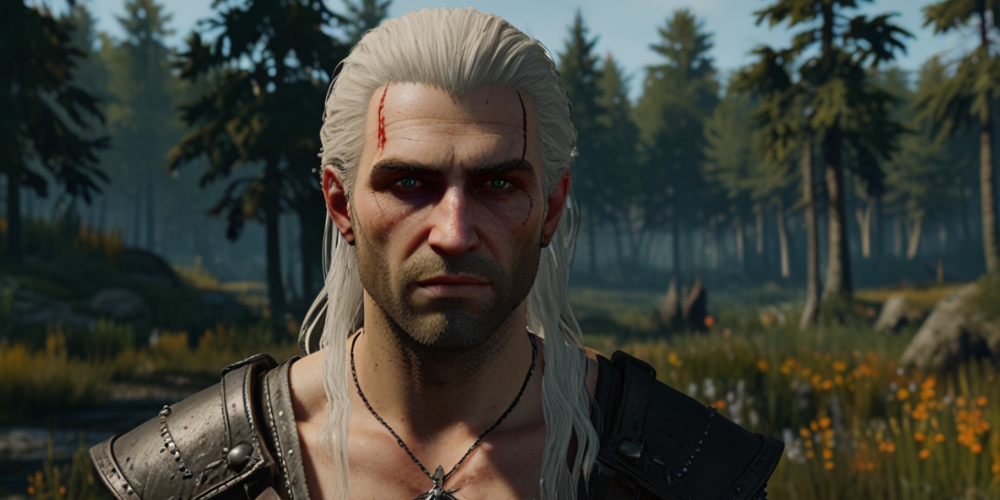
As I delved into the sprawling world of The Witcher 3: Wild Hunt, I quickly found myself captivated by the intricate character development and the profound moral choices that shaped my journey. The moment Geralt of Rivia stepped onto the screen, I knew this would be no ordinary gaming experience. In fact, it felt as though I was stepping into the boots of a monster hunter whose choices would reverberate through the lives of many.
Embarking on a Journey of Self-Discovery
My adventure began with the search for Ciri, the girl with a destiny intertwined with Geralt’s. As I navigated the familiar yet vast landscape of the Continent, I realized that my decisions would uncover not only the fates of others but also my own understanding of morality and identity.
The Nuances of Relationships
One of the elements that resonated with me was the depth of relationships that Geralt could forge with various characters. Characters like Yennefer and Triss were not just romantic options; they represented choices laden with emotional weight. Choosing to pursue a relationship with one over the other was a decision that affected how I viewed Geralt and his capacity for love and loyalty.

A Friend in Need
Meeting characters like Dandelion brought humor and lightness to my journey, but these interactions also served as lessons in friendship. I found myself constantly evaluating what it meant to be a friend, the lengths to which I would go to support those I cared about, and the consequences of these relationships.
The Gray Area of Morality
What struck me most was how the game brilliantly illustrated the gray areas of morality. In a world filled with monsters and men, my choices were never black and white. For instance, the decision to save a village from a monster or to free the creature often weighed heavily on me. Each choice I made didn’t just affect a single outcome; they rippled through the narrative, challenging my beliefs and ethics.
Choices Leading to Consequences
The complexity of the choices reminded me that every action had a consequence. There were moments when I hesitated, wondering if I was making the right choice or if it was merely a matter of preference. When I chose to side with the Scoia’tael, I had to confront the implications of fighting for a cause that wasn’t universally viewed as righteous.

Complexity of the Characters
The intricacies of each character I encountered added layers to the narrative. Characters such as Emperor Emhyr var Emreis exemplified the struggle between duty and desire. My interactions with him made me question the nature of power and sovereignty. Should I aid him, knowing the cost it could have on innocent lives, or fight against tyranny?
Sacrifice and Redemption
As I journeyed deeper into the story, themes of sacrifice and redemption became evident. My choice to save the character of Letho from certain doom raised questions about loyalty, even to those I barely knew. Was it worth risking the lives of many to save a few? This dilemma became a recurring theme throughout my adventure.
The Weight of Destiny
Ciri’s arc was particularly poignant. Her struggle against her destiny spoke volumes about choice versus fate. When I was given the chance to guide her decisions, it genuinely impacted my view of destiny. Should she pursue her path, or could she forge a new one? Her choices, influenced by mine, captivated me and created a deeper emotional connection.
Actions Define the Hunter
Every quest I undertook reflected back on Geralt’s character. Facing a moral quandary, the decision I took appeared to shape Geralt’s legacy. Choosing to help or refuse the pleas of others altered not just the immediate storylines but also how the world perceived Geralt. This immersive reflection changed how I played the game itself.

Consequences for the World
The consequences of my choices extended beyond individual characters. The fates of entire regions hinged on a simple decision. For instance, my involvement in political unrest between factions could lead to a war, resulting in widespread devastation or harmony based on my actions. The weight of the world pressed on me as I contemplated which path to take.
Encounters with the Supernatural
The supernatural beings I encountered throughout my adventure also influenced my choices. Learning the stories of creatures I put down added depth to the gameplay. Did I see them merely as monsters to be slain, or could I find empathy in their tragic tales? Each battle I fought became a exploration of what it means to protect versus what it means to harm.
The Shadow of Regret
Regret was a powerful undercurrent in my choices. During a quest involving the haunted spirits of a village, I was given the chance to confront the apparitions. My choice to assist the tormented souls resulted in a bittersweet victory. I saved them but also opened myself up to the knowledge of their tragic pasts. This moment became a haunting reminder that every victory can come with its price.
Puzzle of Identity
The multifaceted storyline explored my identity through Geralt’s choices. Would he embody the ruthless monster hunter or the compassionate ally? Each decision took me further down a path, weaving together a narrative that was ultimately both personal and universal. It led me to reflect on my own ethical beliefs and the essence of my nature.
The Value of Trust
Trust became another significant theme. As Geralt, I had to navigate treacherous alliances while weighing the potential betrayals from those I believed to be allies. When I relied on characters like Roche or Thaler, their perceived loyalty often became a focal point in influencing my own sense of trust in others.
The Reflection of Choice
Ultimately, every choice I made, every character I interacted with, and every moral quandary I faced reflected back on me. The Witcher 3: Wild Hunt did not just challenge Geralt; it challenged me as a player. I was reminded that who I was in the game was an extension of what I valued in life—honor, compassion, and the courage to face the complexities of morality.